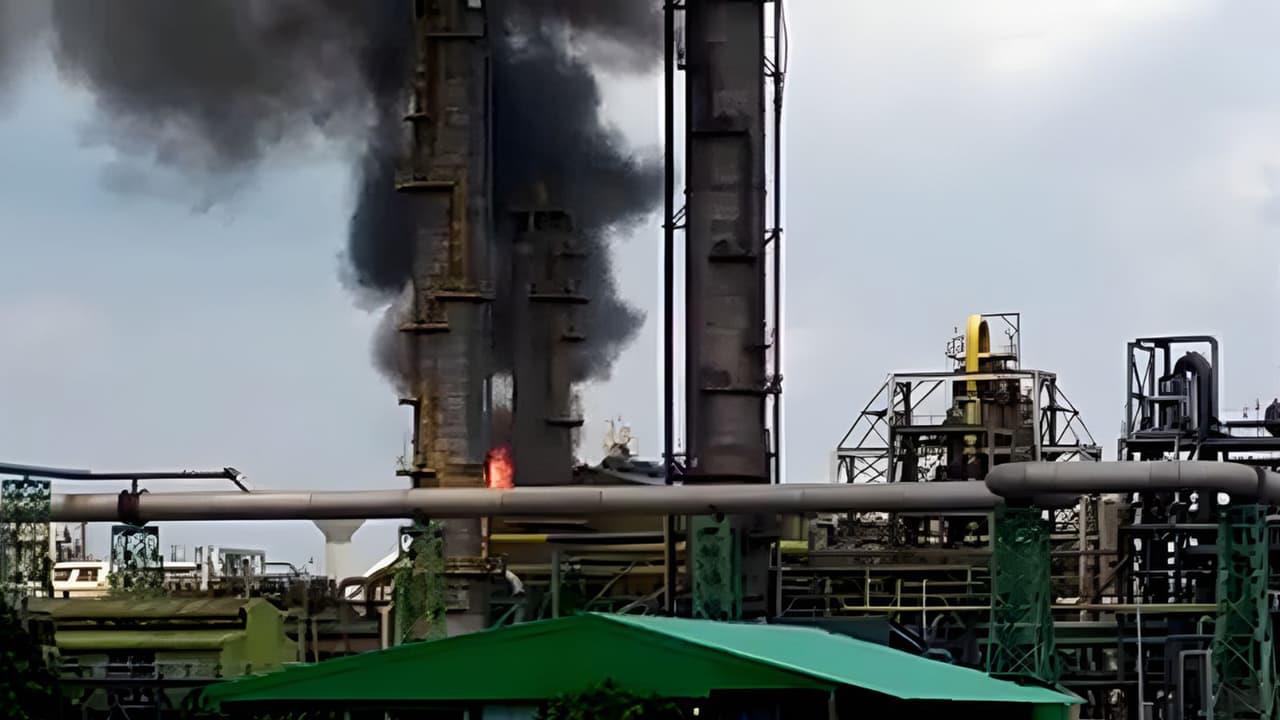
India's Petrochemical Expansion Could Reshape Asia's Supply Balance: S&P Global Ratings
India is set to become the next major force in the petrochemicals industry, a move that could intensify supply imbalances already troubling Asia, according to a press release citing recent reports by S & P Global Ratings. The research points out that India's plans to expand its petrochemical production mirror the earlier steps taken by China, which is already reshaping the global market. This shift comes as both countries, with China being the world's largest consumer and India the third, look to reduce their dependence on imports for essential chemicals used in everyday products such as plastics, packaging, and auto components.
"India's capacity additions in petrochemicals, which follows those of China, will increase competition within the broader Asian industry over the coming years," said S & P Global Ratings credit analyst Ker Liang Chan in a statement.
The first report, "First China, Now India: Self-Sufficiency Goals Will Add To Petrochemicals Supply", anticipates that India will stick with major investment plans to reduce import dependency on chemicals used in everyday goods, from plastic bags to auto parts. This is an overhang on a sector that already faces overcapacity in the Asia-Pacific.
The other report, India's Energy Landscape In Charts, maps the central role of these entities in national energy security and India's transition and sustainability goals.
Chan explained that greater self-sufficiency in India and China would challenge petrochemical exporters in Asia. "Greater self-sufficiency in India and China markets pose a challenge for Asia-Pacific petrochemical exporters, absent mitigating actions to diversify sales and optimize capital expenditure," he said.
The release stated,“We view USD 25 billion in spending from Indian public sector undertakings as sticky because they integrate with refinery expansions; planned private sector capex of USD 12 billion could be more flexible.”
This trend could spell trouble for regional exporters, who currently supply more than half of China and India's chemical imports. Redirecting these volumes to other markets, such as the United States, may not be economically viable because of tariff barriers. S & P noted that this may negatively impact earnings and lead to consolidation within the industry.
At the same time, India's petrochemical sector is likely to remain resilient thanks to strong domestic demand. The country is projected to surpass the United States to become the world's second-largest consumer of polyethylene, a key plastic material.
"The self-sufficiency goals of China and India exacerbate the structural overcapacity in the industry, particularly amid lackluster recovery in global demand amid trade tensions," said S & P Global Ratings credit analyst Shawn Park in a statement.
(Except for the headline, this story has not been edited by Asianet Newsable English staff and is published from a syndicated feed.)
Legal Disclaimer:
MENAFN provides the
information “as is” without warranty of any kind. We do not accept
any responsibility or liability for the accuracy, content, images,
videos, licenses, completeness, legality, or reliability of the information
contained in this article. If you have any complaints or copyright
issues related to this article, kindly contact the provider above.
Most popular stories
Market Research

- New Cryptocurrency Mutuum Finance (MUTM) Raises $15.8M As Phase 6 Reaches 40%
- Noveba Brings Apple Pay To Customers
- Mutuum Finance (MUTM) Approaches Next Phase With 14.3% Price Increase After Raising $16 Million
- Cregis And Kucoin Host Institutional Web3 Forum Discussing Industry Trends And Opportunities
- Primexbt Expands Crypto Futures With 101 New Coins, Delivering Best-In-Class Trading Conditions
- BTCC Exchange Announces Triple Global Workforce Expansion At TOKEN2049 Singapore To Power Web3 Evolution




















Comments
No comment